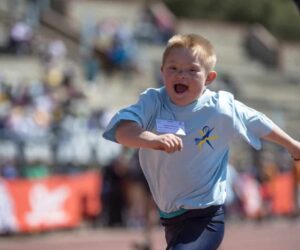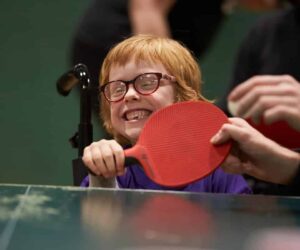The study delving into the influence of Frame Running on the quality of life among young athletes with physical disabilities is featured in the April edition of Frontiers in Sports and Active Living. This research, part of the broader exploration of Physical Activity and Exercise among Children and its Health Implications, provides insights into the positive effects of Frame Running on the overall well-being of these athletes. For a comprehensive understanding of the findings.

This study investigates the impact of FrameRunning, a para-athletic sport designed for individuals with neurological impairments causing severe walking limitations, on the quality of life (QoL) in children with mobility restrictions. The cross-sectional study involved young Frame Running athletes aged 6–19 years in the Netherlands. Using the Psychosocial Impact of Assistive Devices Scale (PIADS), parents reported a significant positive change in their children’s QoL, specifically in the areas of competence, adaptability, and self-esteem. Notably, improvements were observed in performance, the ability to participate, happiness, and self-confidence. The study concludes that Frame Running contributes to an enhanced QoL in young athletes with mobility limitations, suggesting its potential as a recommended activity for improving the overall well-being of children and youth facing these challenges.



